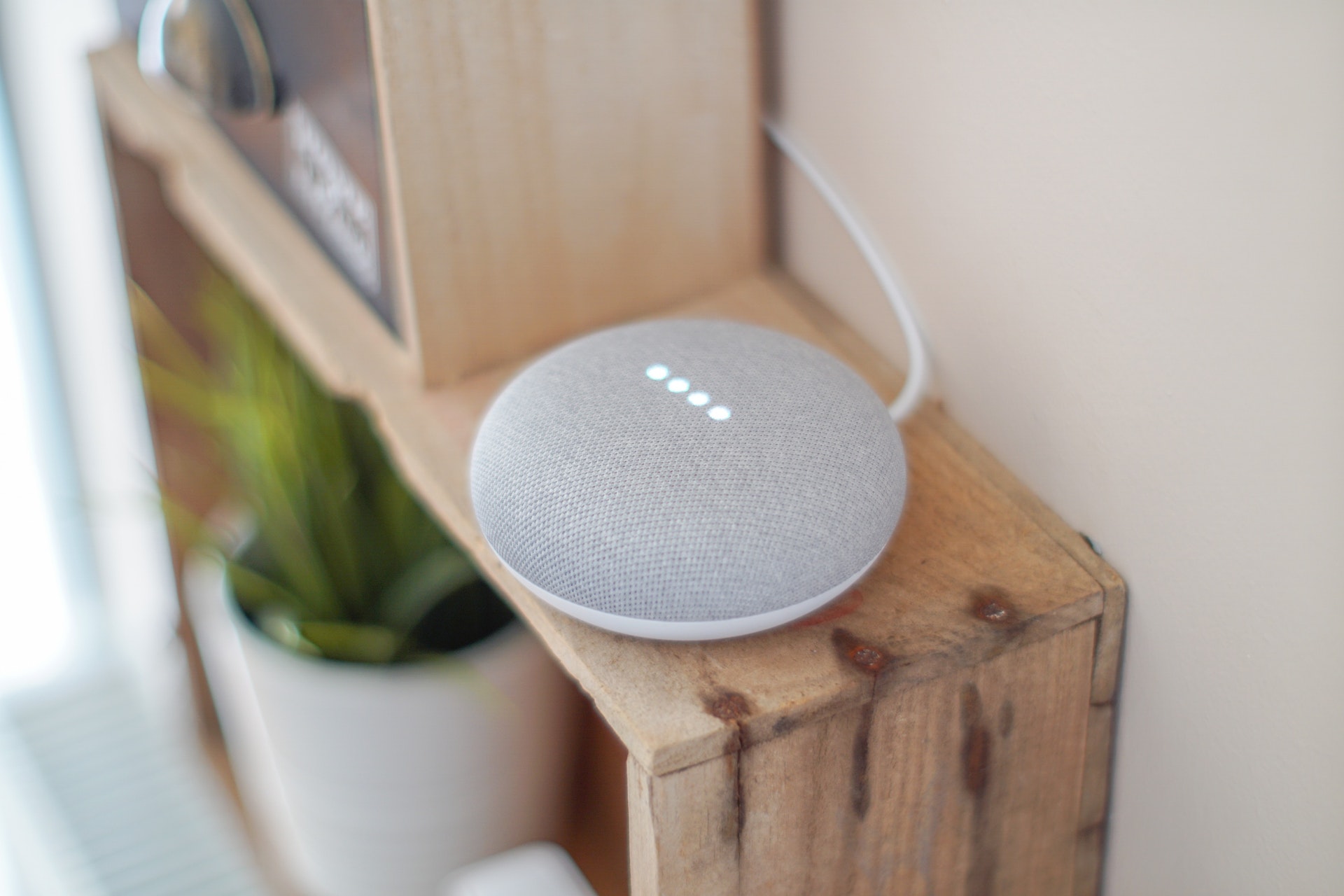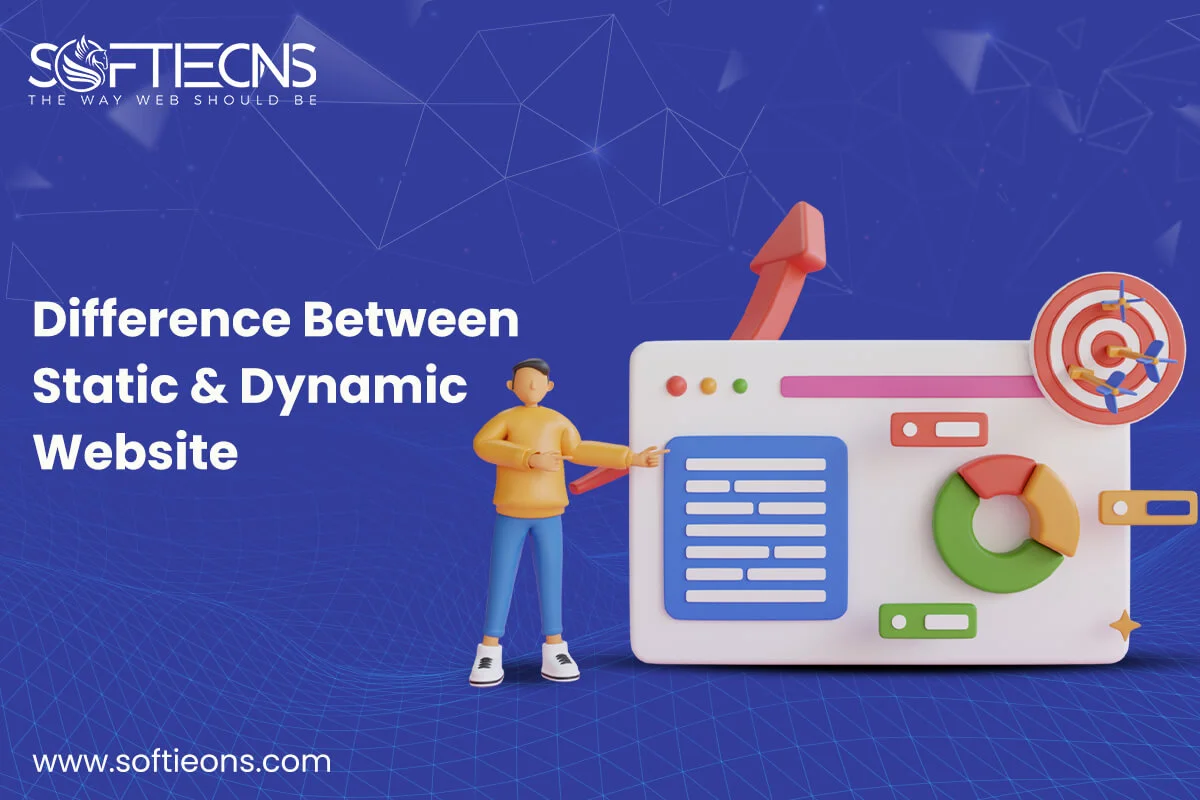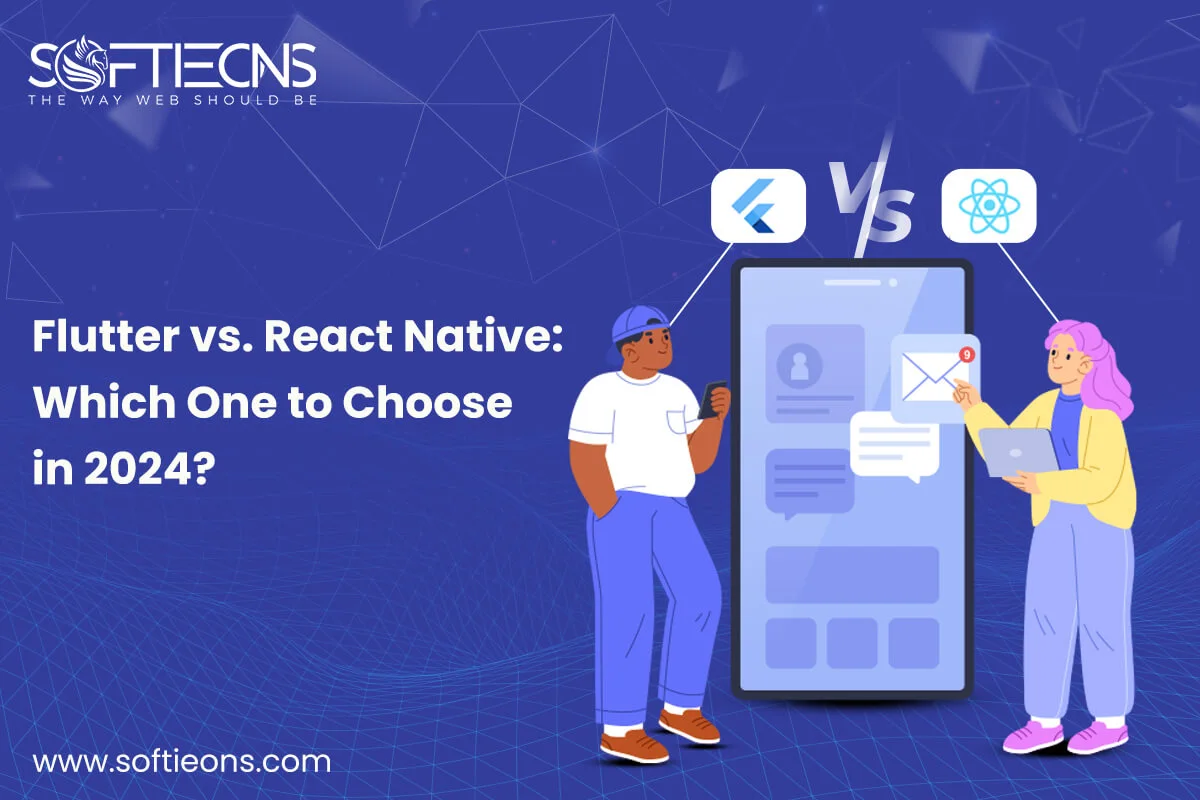Custom mobile app
Fri, 24 Dec 2021
Any business that wants
to win, keep and expand customers while also cutting costs needs a solid mobile
strategy. Many businesses, however, are unsure how to start with mobile app development.
The first, and maybe most significant, decision to make is whether to create a
custom mobile app or employ a ready-made solutionn....
According to another
study, 72 percent of businesses intend to continue investing in custom mobile
apps. This is because they are tailored to meet specific business requirements
and serve a specific group of users rather than delivering a solution that
caters to a larger population with different wants. This is one of the primary
reasons why custom mobile app development is gaining popularity and proving to
be a viable alternative for businesses.
Choosing a Development Method: Custom or
Off-the-Shelf
For businesses to
engage their clients, mobile apps are no longer a requirement, but rather a
must, which is why it's critical to pick the proper mobile strategy in the
first place. Off-the-shelf smartphone apps offer a number of advantages,
including:
Rapid rollout
Lower development costs upfront
Maintenance is either
included in the price or available through a maintenance contract.
These products are a
good choice for businesses that don't have the time or resources to create
custom apps. You might get lucky and find an off-the-shelf solution that
precisely fits your company's demands, but that isn't always the case.
Businesses can sell
directly to clients by white labeling a mobile app product. Many of these
companies claim that the customer has complete control over their project,
however, this is not usually the case given the number of restrictions it
imposes. To assist you to understand the possibilities available before
launching into development, we've broken down the major elements of a custom
approach.
Customization
Many businesses have
unique needs that off-the-shelf solutions can't meet, and they need the ability
to adapt and alter as their goals change and new requirements emerge. Some
products allow for modification, but it's vital to consider how much
customization is necessary to meet your company's demands. You may discover
that the modification you seek is difficult or impossible to achieve with a
product, or that the time and effort required to design a custom solution is
too significant. Off-the-shelf solutions are designed to meet the demands of a
wide range of businesses, therefore there may be features and functions that
you require that they do not provide.
Intellectual Property Ownership
You can also own the
source code and keep ownership of the product with custom app creation, which
isn't possible with off-the-shelf items. This enables your organization to
respond swiftly to shifting market demands, which might mean the difference
between your app's success and failure.
User Experience That Is Personalized
One of the most
critical aspects determining user experience (UX) and usability is the user interface
(UI). While most off-the-shelf apps have a generic user interface, some allow
enterprises and consumers to customize it to their own needs. The user
interface of a custom mobile app, on the other hand, may be completely
customized, tested, and validated to ensure that it meets and exceeds user
expectations.
Personalization allows
users to have a more personalized, relevant experience, which increases user
engagement and retention. The more closely an app's experience matches a user's
needs and preferences, the more likely they are to use it again. Off-the-shelf
solutions are clearly at a disadvantage versus custom apps in a field where the
customer experience is critical and mobile consumers are increasingly wanting a
more personalized, relevant experience.
In other words, if you
utilize an off-the-shelf solution to target a broad group of users, the UX will
suffer. You want to give your customers a consistent and seamless user
experience while also adding a lot of personalization.
Future Development Scalability
Creating an app with
long-term viability in mind is a typical development difficulty. It's no secret
that mobile apps that adapt to shifting user needs and behaviors are the most
effective. It takes a lot more effort to add functionality to an existing
product, especially if the API is bad, to begin with.
Mobile app development
is an investment that should solve both your present and future business needs,
which most off-the-shelf solutions can't. As a result, buying a product is
risky because it frequently lacks extensibility. This could mean that you'll be
back in the mobile app market in a few years, starting the process all over
again. To avoid this, start with a custom-made minimal viable product, start
small, and expand and alter your mobile app as external factors such as
business objectives and user habits change.
Compatibility of Devices
Finally, if your
software is incompatible with different devices, you risk alienating a big
number of consumers. You may choose which devices your app is compatible with a
bespoke mobile app, which is more crucial than ever since new gadgets are produced
at an exponential rate.
With bespoke
development, you'll have a lot more flexibility and control, since you'll be
able to determine which platforms the app can run on and how best to maintain
it as operating systems, APIs, and technical capabilities evolve.
Is Investing in a Custom Approach A Better Option?
These five factors
should be taken into account while deciding between custom mobile app
development and off-the-shelf options. Both methods offer benefits and
drawbacks; nevertheless, businesses may discover that off-the-shelf apps are
not the greatest option for their needs and ambitions in the short and long
run.
The mobile app market
is continuously expanding as businesses seek new and imaginative ways to engage
customers. Custom mobile apps offer a slew of advantages that can help you meet
and exceed your business goals. A tailored solution should totally meet your
company's goals, as well as be constructed to handle future expectations. While
off-the-shelf apps may appear to be convenient and enticing at first glance,
custom mobile apps suited to your company's and consumers' demands are
typically the best option.
POPULAR POSTS
Shopify vs. WordPress: Which one is best for e-commerce?
Wed, 07 Apr 2021Role of IoT in the Real Estate Industry
Wed, 14 Apr 2021Why UX And UI Is Important For Mobile Application Development
Sat, 01 May 2021Telemedicine's Advantages in Nursing Homes
Fri, 24 Dec 2021RECENT POSTS
Difference Between Static Website And Dynamic Website
Wed, 24 Apr 2024Flutter vs. React Native: Which One to Choose in 2024?
Mon, 22 Apr 2024Exploring the Benefits of Professional Website Design Companies
Fri, 29 Mar 2024Understanding The Role Of Web Design Firms
Fri, 22 Mar 2024








